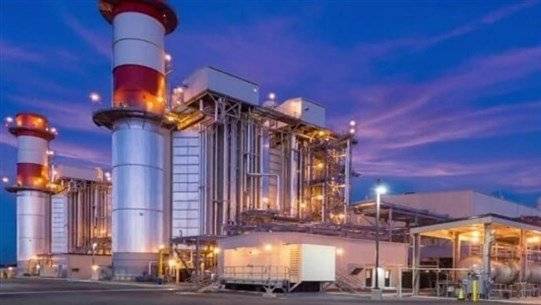An article published in the journal "Foreign Affairs" elaborates on the major shifts in energy policy priorities in light of the war in Ukraine, particularly the emergence of war priorities and domestic energy security alongside the importance of climate change. The article is authored by Jason Bordoff, former Special Assistant to President Barack Obama for Energy and Climate Change at the National Security Council and co-founder and co-director of the Center on Global Energy Policy at Columbia University; and Megan O'Sullivan, an international relations professor at the Kennedy School at Harvard University and a writer on energy issues.
Why a crossroads? The war has shifted the priorities of countries and public opinion. Business leaders are concerned about the potential decline of the globalization system and the onset of a stagflation phase. Academics fear a return to wars to resolve political disputes amid a revival of East-West conflict and strengthening ties between the United States and Europe. Consequently, most countries have re-evaluated their various policies, including trade, budgets, and military alliances.
Energy security has been placed among policymakers' priorities, alongside combating climate change. It is anticipated that these two priorities will reshape the aspirations of nations themselves, as they will focus more on their internal and local issues, and prioritize domestic energy production and regional cooperation during the phased journey toward net-zero emissions. This shift in priorities and interests will lead countries to contract into geographic and political blocs, resulting in the fragmentation of the current era of global energy alliances.
The question arises: "How will countries respond to the new challenges posed by Russia's invasion of Ukraine?" The response will shape the new energy system for the coming decades.
The ramifications of the war are clear: the collapse of globalization and the rise of economic nationalism; the future energy system remains ambiguous for many observers. Additionally, an increase in the role of governments in the new energy sector is expected, with an unprecedented scale and form. After four decades of efforts and policies aimed at reducing government involvement in the energy sector, Western governments today acknowledge the need to play a broad role in all phases of energy, from building fossil fuel infrastructure to adopting precise policies that influence energy companies to reduce emissions through carbon pricing, reviewing government support for companies to adopt sustainable energies, and setting the rules and standards for energy production.
The authors predict that the energy crisis resulting from the war will become "the worst energy crisis in half a century," although there are significant differences from the energy crisis of the 1970s. The global economy currently relies on lower energy intensity; economic growth has preceded energy consumption, such that the world uses less energy per unit of national income today. Moreover, the number of companies in oil markets has greatly increased compared to the past, leading to oil distribution by many companies rather than just a handful as before. Most importantly, the current energy crisis is broader and more critical than just oil, as its ramifications span the economy. The war impacts various types of energy, creating significant chaos. Russia is not only one of the world's largest exporters of crude oil and petroleum products but also the most important source of natural gas for Europe, in addition to being a significant exporter of coal and low-enriched uranium used in nuclear power generation, along with other commercial goods.
Prices of coal, gasoline, diesel, natural gas, and other commodities have risen, and further disruptions to Russian energy supplies, whether by Russian or European initiatives, will lead to inflation, recession, energy distribution through rationing, and the closure of some companies. The global energy system was already under pressure before the war, as Europe and other regions faced several challenges in obtaining adequate electricity. Their main electricity supplies came from intermittent sources like solar and wind energy. Additionally, some electricity companies suffered years of losses and pressure from the climate change fight due to reduced investments in hydrocarbon industries, leading to constrained supplies.
Delays and adjustments in the global trade supply chain due to the COVID-19 pandemic also caused shortages of some goods and price pressures. In 2021 and early 2022, the huge demand for gas and high price spikes led to the bankruptcy of some energy companies and forced governments to increase support for the electricity sector. Things could have worsened were it not for unusually high temperatures at that time, which helped Europe and Asia to slightly reduce demand. Conditions further deteriorated since the outbreak of the war. The ability to secure loans diminished, which in turn reduced the liquidity needed for oil trading, leading to significant challenges, including skyrocketing oil and gas prices. Despite all this, the worst may still lie ahead as demand for oil could rise with the easing of the pandemic in China and the end of lockdowns there. Although a comprehensive European ban on Russian oil and gas seems difficult to envision, it remains a possibility. Coal has emerged as the winner in this battle, with China increasing its coal production.
The ongoing crises suggest a reevaluation of the lessons learned regarding the roles of governments and the private sector, as reliance on market forces had sustained supply at reasonable prices over the past 40 years. However, the current crisis calls for a greater role for governments "to avoid some market failures." It is expected that in the next energy system, "the role and intervention of governments will be unprecedented in contemporary history."




